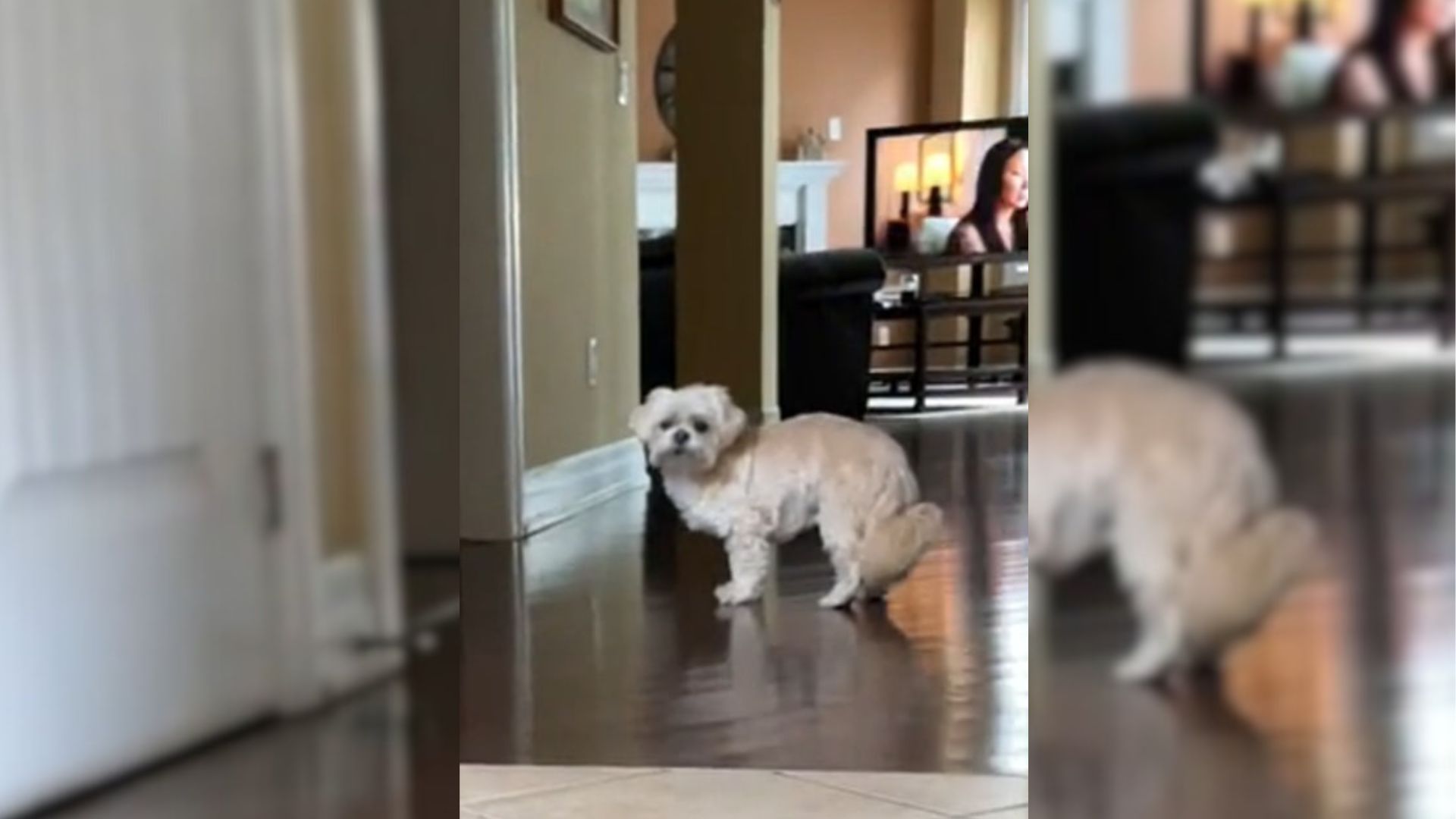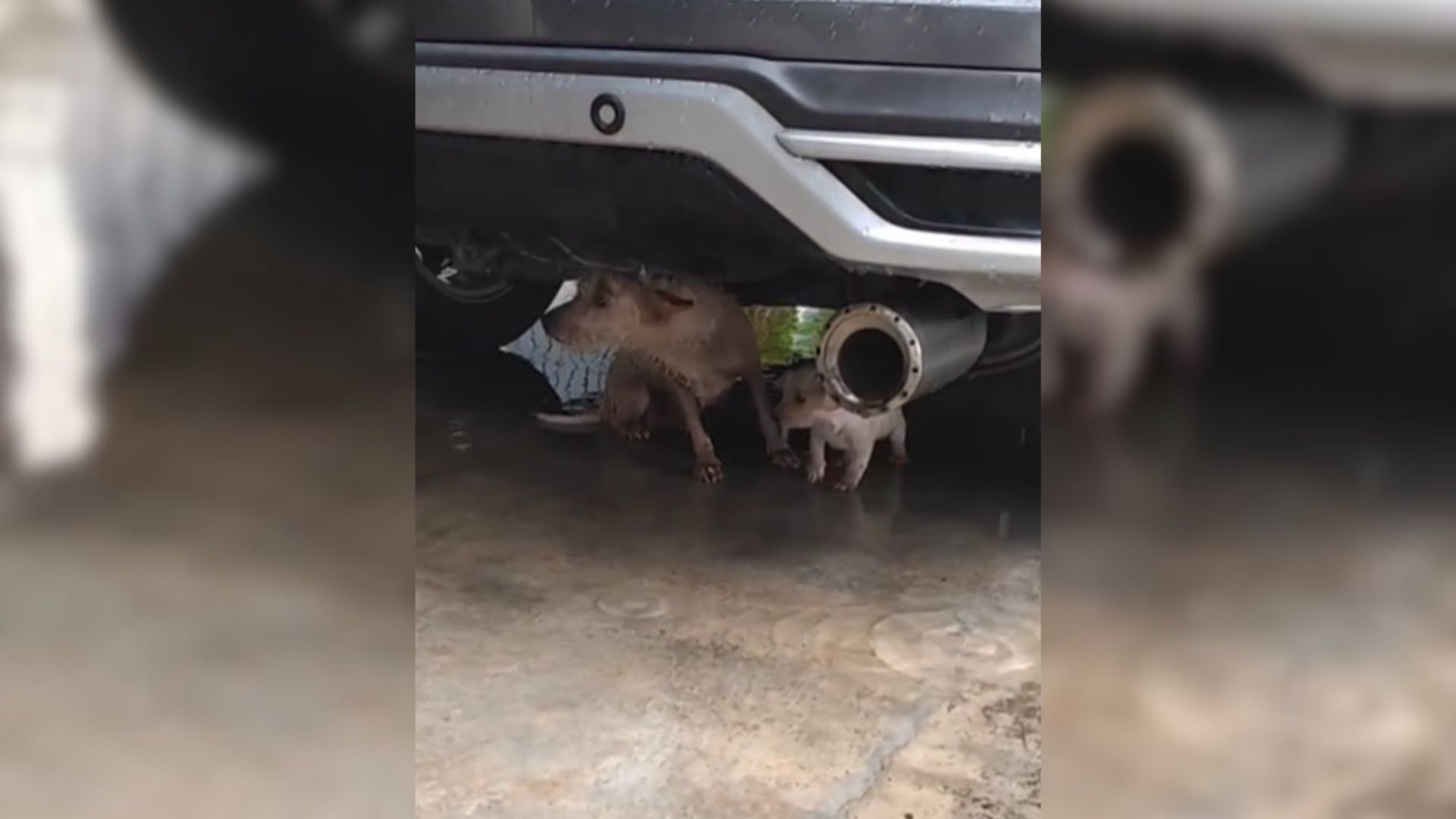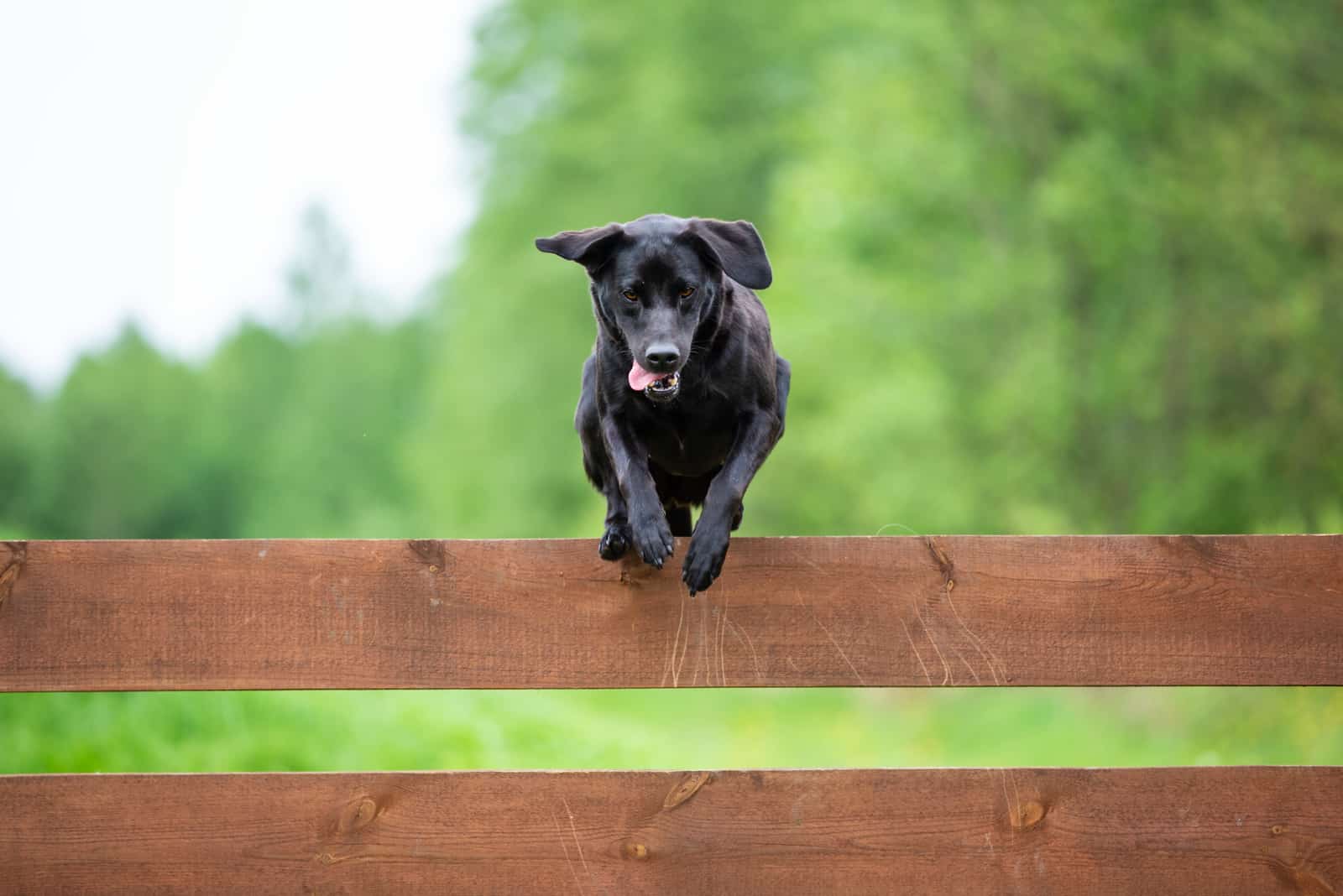Some of the most basic behavior from our German Shepherd friends and dogs alike can be the most baffling, even though we expect it.
One such act is when the GSD kicks when he’s scratched in one of those particularly comfy spots like behind the ear, around the neck (particularly around the collar) or around his belly.
Well, you’d be surprised that the reason isn’t that he likes it, but rather that it’s an instinct that was inherited from one generation to the next.
Sure, he still likes it, there’s no denying that, but this scratch reflex of theirs was used to combat parasites.
But how does that make sense? Well, let’s take a deeper look into it all.
An Evolutionary Remnant
Back in the day, canine ancestors didn’t exactly have access to top notch medicine and veterinary clinics, nor did they have humans to help check them for problems.
No, they had to fend for themselves to try and combat deadly parasites and various injuries, particularly around the areas that didn’t have much motion tied to them.
This is why particular spots of a German Shepherd’s body will trigger the so-called scratch reflex nowadays.
It’s because their mind reflexively thinks that it’s getting bothered by parasites and it’ll immediately go to scratch it.
It was the most efficient way they had of combating the issue, and, even though it wasn’t foolproof, it helped out most of the time.
The abdominal area is by far the most responsive one to said trigger, but, as I’ve said earlier, the neck and spots behind the ears can trigger it too.
Why Does It Take So Long To Trigger Sometimes?
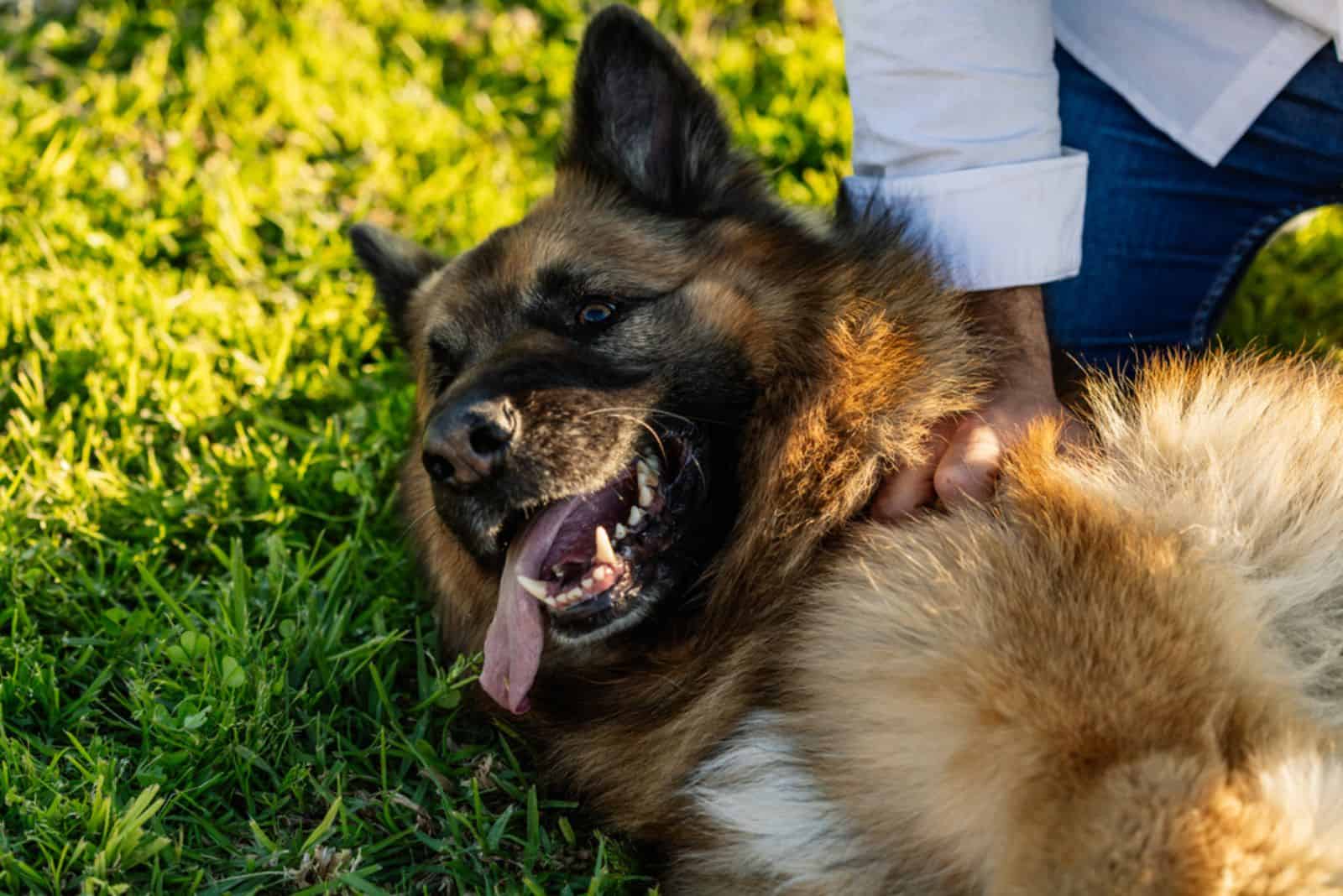
It depends from dog to dog, honestly.
Some dogs have it as an almost instant response, while others may take a while for the nerves to transmit the triggering sensation to the brain.
The instinct will kick in eventually though. It’ll start off somewhat slow, depending on the intensity of the scratches, and will gradually build up to full on kicking.
This is especially true if you keep a constant pace. If you stop, it only makes sense that the sensation will fade with time.
The peak of this reflex appears to be the same in all dogs though and the GSD won’t do it any faster than a Golden Retriever would sometimes.
Are There Things That Can Make The Scratch Reflex More Sensitive?
But of course, and the culprits are pretty obvious considering what used to be the initial trigger.
Various parasitic infections and attacks, as well as injuries can trigger that scratching reflex in German Shepherds.
Allergies are another notable trigger, particularly ones that’ll irritate the skin and make it blow up in rashes and hotspots.
Other forms of inflammation also count, pyoderma is one of the more notable ones, a bacterial infection that’ll, ironically enough, form due to excess scratching.
While not life threatening, it can be a real nasty hindrance for your pooch, though thankfully it’s treatable through various antibiotics.
Another issue that can rear its ugly head and increase scratch reflex sensitivity is mange, forming similar symptoms to many of the others I’ve mentioned, inflammation and skin rash.
Though, all of the listed issues are easily avoided through proper hygiene and allergen avoidance.
And, even if they do happen, they’re easy enough to treat, so they’re not particularly serious concerns nor are GSDs particularly prone to them, though that can vary from one GSD to another.
Are There Things That Make It Appear Less Often Too Then?
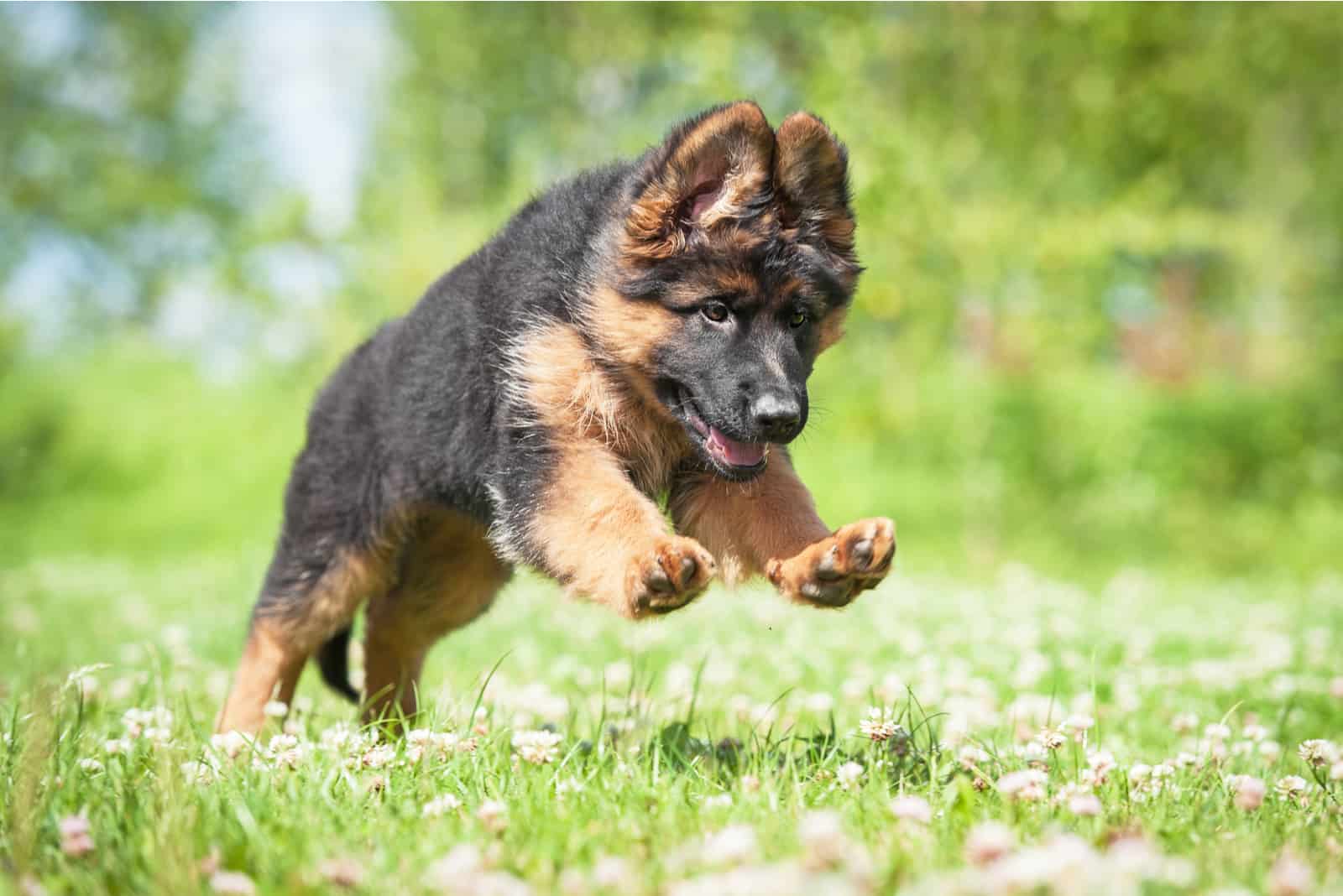
Yes, though those are often signs of a more serious condition as they’re messing with nerve receptors.
It may not help completely resolve the triggering problem, but seeing your German Sheppie triggering the scratch reflex less often or not at all can still be a good early warning sign of a problem.
While reasons can come in a variety of different forms, some of the most notable ones are potential tumors which are applying pressure on the nerves in question.
This, in turn, makes them less receptive.
Degenerative myelopathy could be another potential problem, one that affects the spinal cord and progresses fast.
While there is no cure for it, spotting it early may buy you more time with your pooch than you’d normally have.
It’s also worth noting that GSDs are more prone to this particular problem than other dogs, and that this trick can help you detect it early at the very least.
It may not be much of a consolation, but it’s something at the very least.
In Conclusion
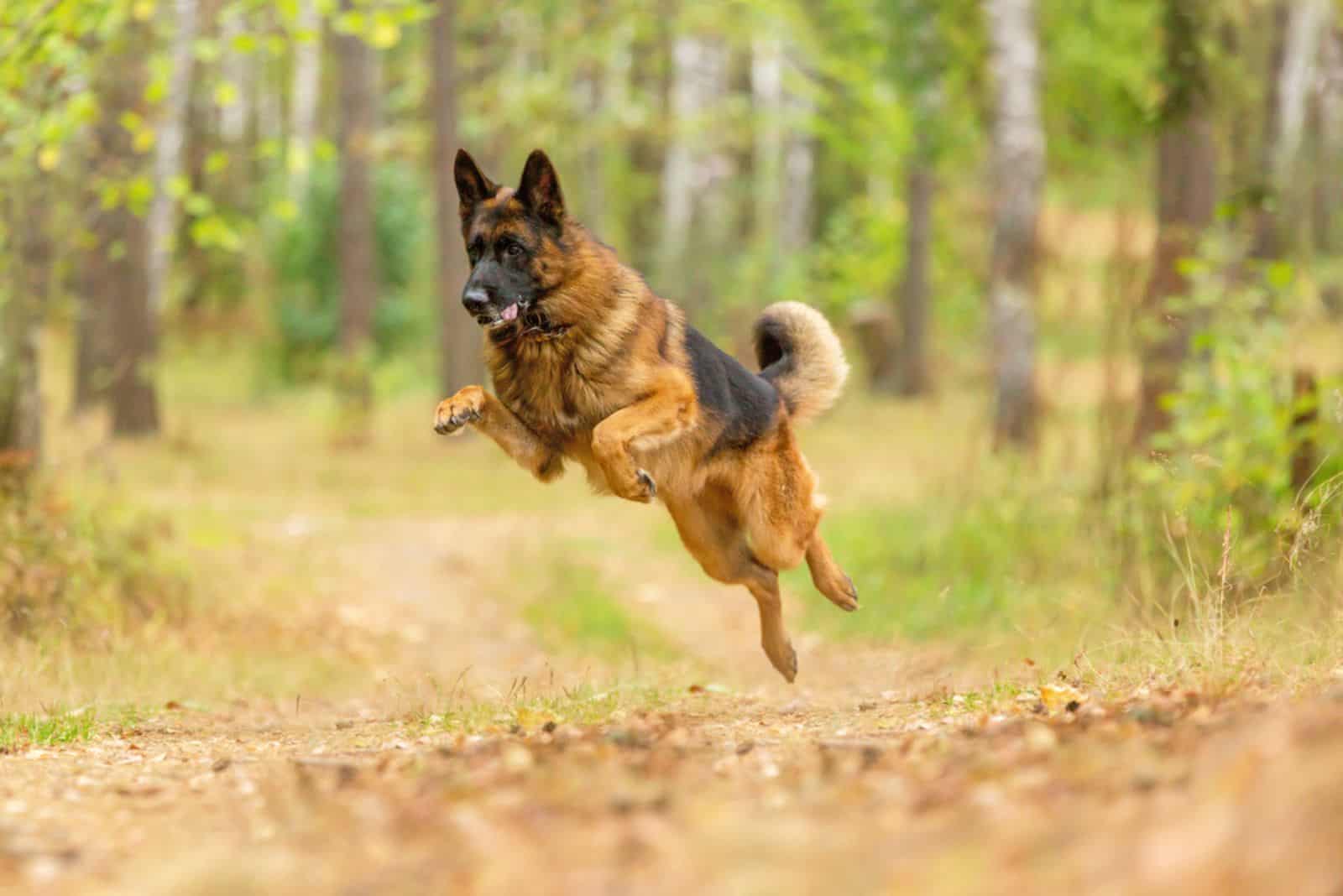
There’s no real complex reason behind your German Shepherd kicking it up when he gets scratched in particular areas.
It’s just a reflex that was developed as a defense mechanism way back in the past by his ancestors to fend off fleas and appease irritation and it’s just being replicated in this case.
It’s not harmful in any way when you trigger it yourself with a belly rub or a neck scratch, but the lack of its presence can be a good indicator that there might be some underlying health issue.
Keep an eye out for it, especially considering the GSD’s likelihood of degenerative myelopathy, though hopefully everything will turn out alright.
And, of course, avoid any of his allergens and keep him clean if you want to avoid it triggering constantly.
Until next time, pet parents.
READ NEXT: Why Do Dogs Kick When You Scratch Them? A Singular Explanation


